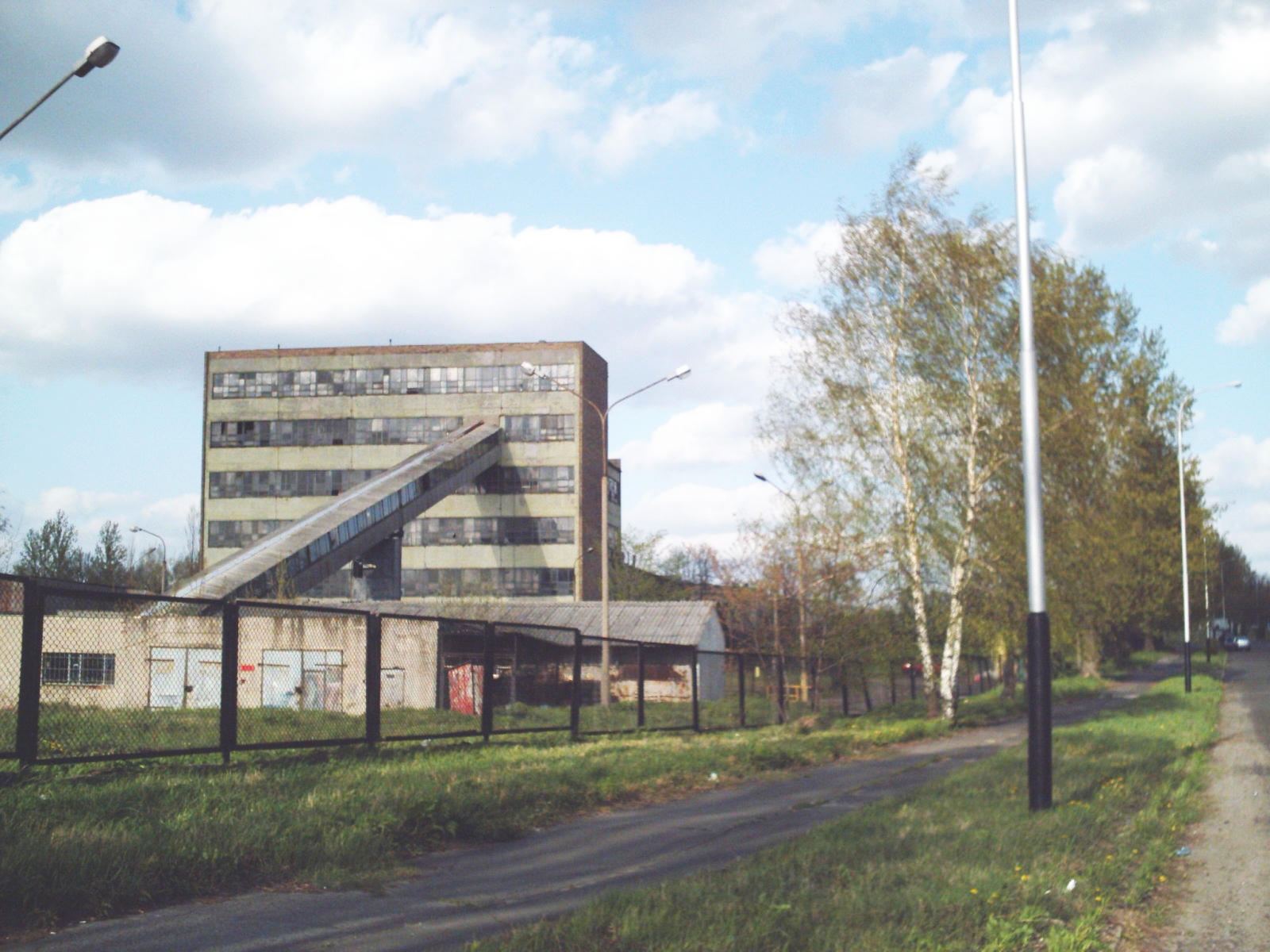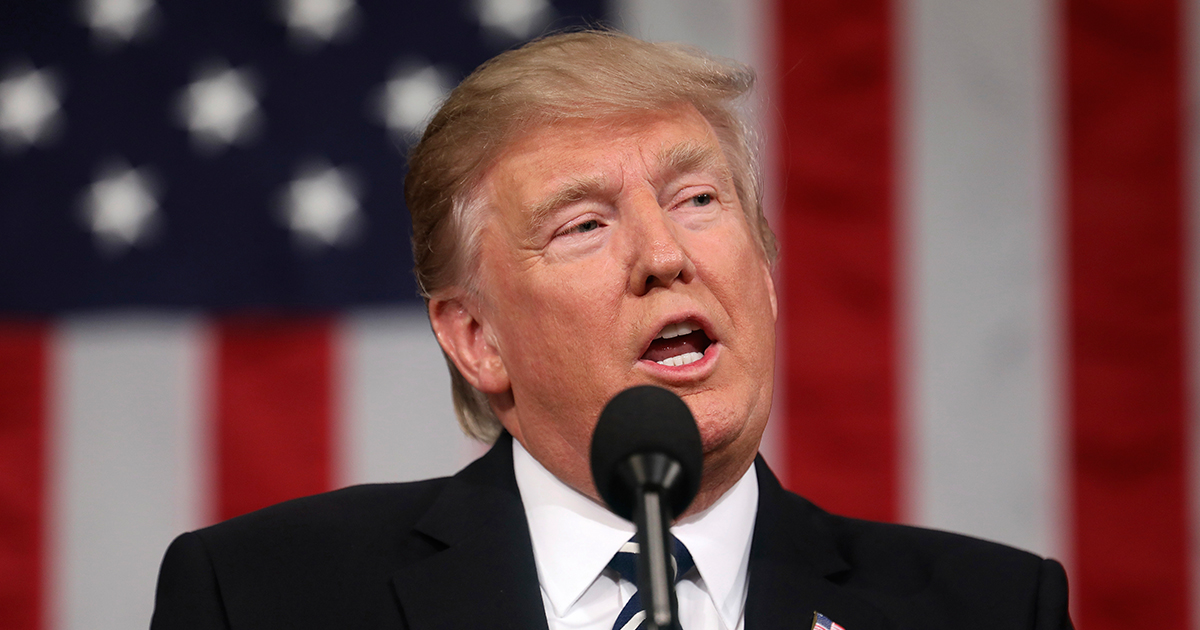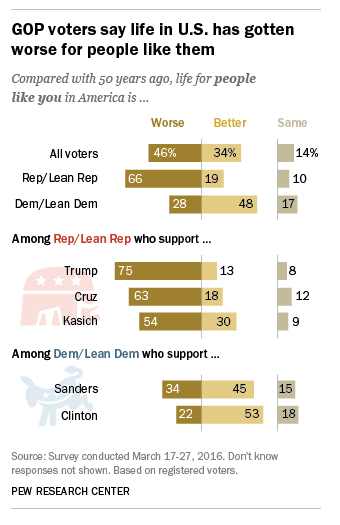President Trump's Plan to Bring Back Factory Jobs Might Actually Hurt Us

By:
There are a lot of obstacles standing in the way of President Donald Trump's plan to revive the manufacturing industry. But according to a leading economist who spoke to ATTN:, when people lament dying industry the Rust Belt, they're actually talking about something bigger than going to work in a factory every day.
 Wikimedia - wikimedia.org
Wikimedia - wikimedia.org
The manufacturing industry has become a symbol for a type of low-skilled workforce that has largely evaporated in the U.S., Stephanie Kelton, an economics professor at the University of Missouri who served as an advisor for Sen. Bernie Sanders' presidential campaign, told ATTN:.
"The question is, can we duplicate what it is that people miss about the manufacturing jobs — things like job security, where you had a job in manufacturing, you worked at the auto plant, and you held that job your entire life," Kelton said. She continued:
"You got a number of promotions and pay increases. You had a pension. Odds are you had a union. A single member of the family could work. One member of the household could work. You could send the kids to college, put two cars in the garage, take the family on a vacation. When people say 'bring back manufacturing,' I actually think that's what they mean. They mean bring back all of the complements to what those jobs included."
 AP/Jim Lo Scalzo - apimages.com
AP/Jim Lo Scalzo - apimages.com
What has happened to the manufacturing industry is part of a historic trend in the United States.
The country started out as an agricultural economy, as developments in farming technologies led to huge gains in productivity. The Industrial Revolution in the 19th century heralded in the manufacturing era, where jobs shifted from the farms to factories. But as the U.S. economy becomes increasingly automated and dependent on high-skilled labor such as medical technicians and software developers, the challenge is creating job opportunities that satisfy those basic employment needs of workers left behind in the transition.
One reason that Trump's repeated appeals to reopen defunct factories seem to resonate with his supporters is that they report feeling the least satisfied among potential voters with their personal finances, according to a 2016 Pew Research Center survey. Among Trump supporters, 75 percent said that life has gotten worse for them since 50 years ago, compared to just 13 percent who said life has improved.
 Pew Research Center - people-press.org
Pew Research Center - people-press.org
But economists aren't convinced that investing in low-skilled jobs in a declining industry would be an effective remedy to these economic anxieties.
Though recreating low-skilled jobs such as those that previously flourished in the manufacturing industry might sound appealing on the campaign trail, the national economy would be better served by investing in burgeoning industries that demand high-skilled labor, Kelton said. That might involve funding trade schools that train people to become engineers for solar energy companies, for example.
Kelton subscribes to an economic theory called "mission-oriented finance," which involves setting clear economic goals and orientating the financing "to encourage growth in those industries."
"My goal would not be to recreate low-skilled jobs," Kelton said. "This is where the goal is important. The goal is not to recreate low-skilled jobs. The goal is to deal with widening gaps in income and wealth inequality and poverty and long-term employment."
"I think it would take things like investments in education and infrastructure and [research and development]," she added. "We need those kinds of technological breakthroughs that will help boost productivity and long-term economic growth."
